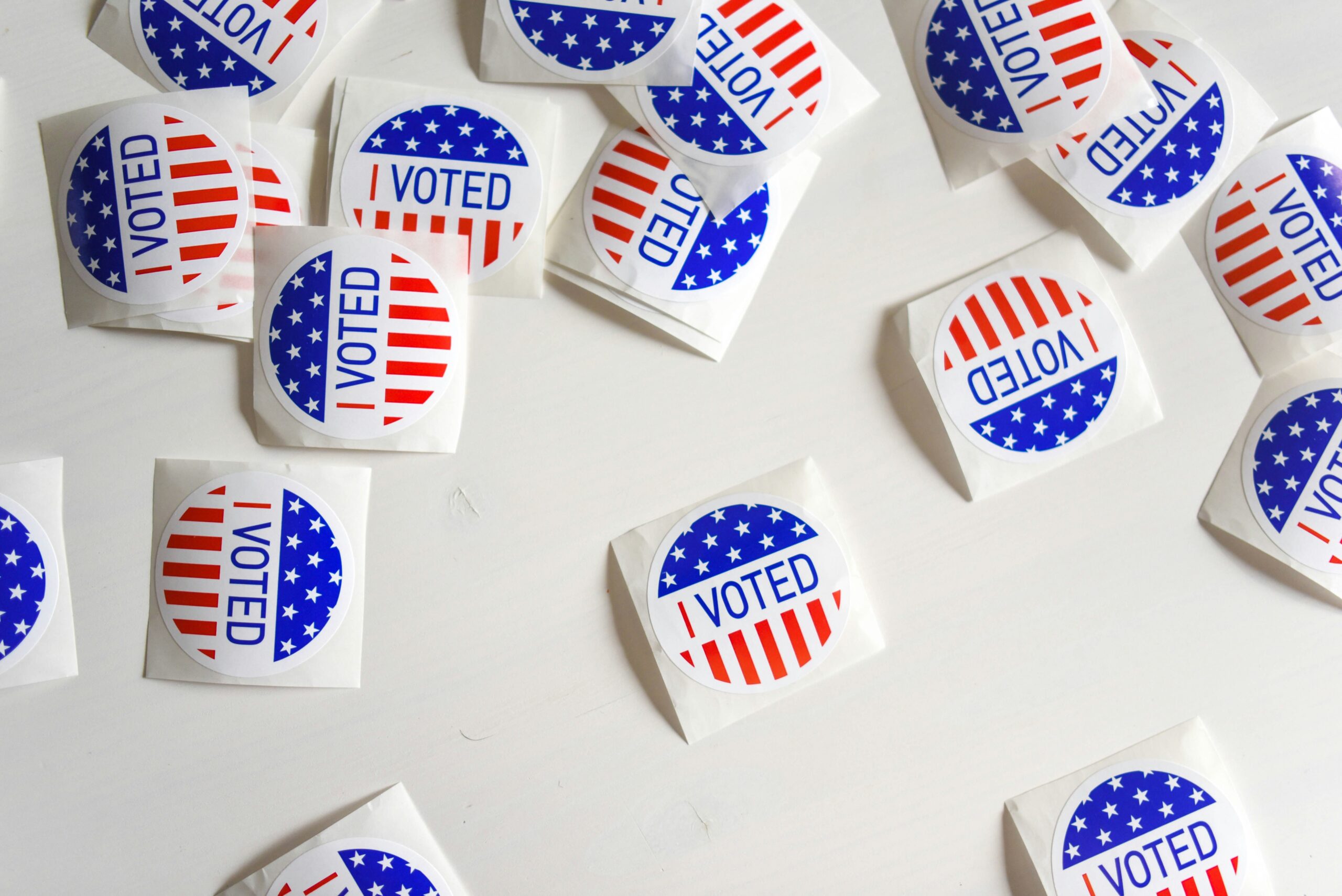Can Voting Benefit Your Mental Health?
Are mental health and voting linked? Voting gives each citizen a voice, a sense of agency, and input into important governmental decisions that affect daily life. On any given ballot, there may be measures impacting mental health, like Proposition 1 in California’s March 5, 2024 primary.
But does the act of casting your ballot impact your mental wellness? An article at MedicalNewsToday.com took a look at some research suggesting that the act of voting in itself may benefit your mental health and well-being.
Three studies offer insight:
1. Political participation is ‘a resource that alleviates distress’
In 2001, Lynn Sanders, an associate professor in the Department of Politics at the University of Virginia in Charlottesville, investigated whether or not voting and active participation in the political process had any psychological benefits.
Her study used data from a cohort of female participants involved in The National Longitudinal Survey (NLS) of Young Women. All of the participants “were age 14–24 [years] at their initial interview in 1968, [and they had] been interviewed 20 times between 1968 and 1999.”
Her findings? Participation in the political process appeared to “[alleviate] psychological distress,” especially for those who were more “prone to psychological distress.”
Sanders theorized that becoming politically active gave individuals a sense of agency and empowerment, of being able to take their “fate” into their own hands. This appeared to be particularly powerful for those who have been traditionally marginalized or disenfranchised.
“Part of the disadvantage faced by historically oppressed groups is higher exposure to unfair treatment, including discrimination due to race and gender. Increasingly, our attention has turned to other forms of unfair treatment, including age- and disability-based discrimination. Disadvantaged social status is significantly correlated with mental health,” she noted.
Becoming politically active “might offset some of the negative mental health consequences associated with disadvantaged social status,” she explained.
“Evidence from the NLS surveys suggests that fighting back helps make discrimination less psychologically consequential.”
2. Political activism is linked to happiness
Another study – a collaboration between Prof. Malte Klar, from the University of Göttingen in Germany, and Prof. Tim Kasser, from Knox College in Galesburg, IL – explored whether political activism makes people happier in any way.
In analyzing data from two surveys involving 341 college students, and another study of 718 activists, they found a link between political activism and various kinds of subjective happiness and social well-being.
The surveys found that “activists are more likely to experience the satisfaction of basic psychological needs, an indicator of more frequent experiences of intrinsic motivation.”
Not only that but data “also showed that significantly larger percentages of activists met preexisting criteria for ‘human flourishing’ than did those less engaged in activism,” the researchers said.
In a final study involving 296 college students, students either “engaged in a brief activist behavior, a brief nonactivist behavior, or no behavior.” When asked about their experience, the students who had engaged in some kind of activist behavior reported “significantly higher levels of subjective vitality” than those who had engaged in nonactivist behavior.
“[T]he results of Study 3 provided some data suggesting that the causal arrow may (also) flow from activism toward well-being,” the researchers added.
3. Political activism provides protection from discriminative stressors
Other research suggested that engaging in political activism may help make those targeted by racism and discrimination more resilient in the face of those stressors.
In a 2018 study paper published in Cultural Diversity and Ethnic Minority Psychology, researchers from North Carolina State University in Raleigh, the University of Chicago in Illinois, and the University of Michigan in Ann Arbor explore how activism impacts Black and Latinx college students attending predominately white institutions.
The research analyzed data collected through the Minority College Cohort Study. Out of 504 participants, 44% of the participants were Black and the rest were Latinx.
The researchers noted that people who regularly face racial or ethnic discrimination often experience more stress, increased anxiety, and depression symptoms.
The findings? “Black students who were more politically active during freshman year reported less stress at the end of freshman year,” said researchers,
While the same finding did not hold for the politically active Latinx students, in their case, “[race- or ethnicity-related] microaggressions were related to less stress and less depressive symptoms.”
In both cases, civic engagement did lead to some improvement in mental wellness.
Read the full article here.
Cohut, Maria, Ph.D. “How could voting benefit mental health?” MedicalNewsToday.com, 18 Sep 2020, https://www.medicalnewstoday.com/articles/how-could-voting-benefit-mental-health
Photo by Element5 Digital on Unsplash
You can also read the study findings in their entirety:
“The Psychological Benefits of Political Participation”
“Some Benefits of Being an Activist: Measuring Activism and Its Role in Psychological Wellbeing”
“Political Activism and Mental Health Among Black and Latinx College Students”



